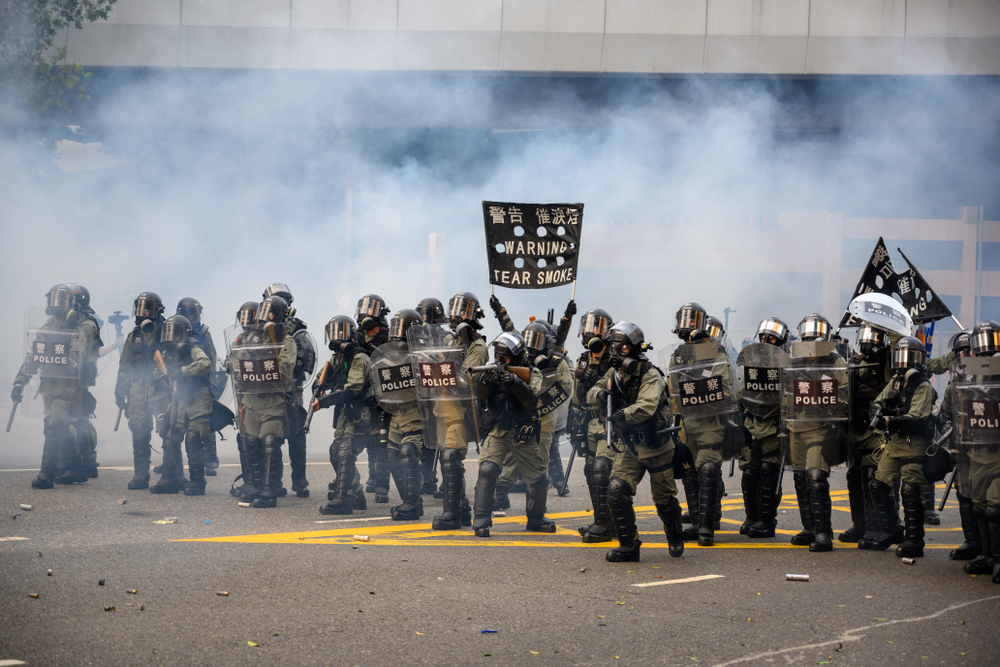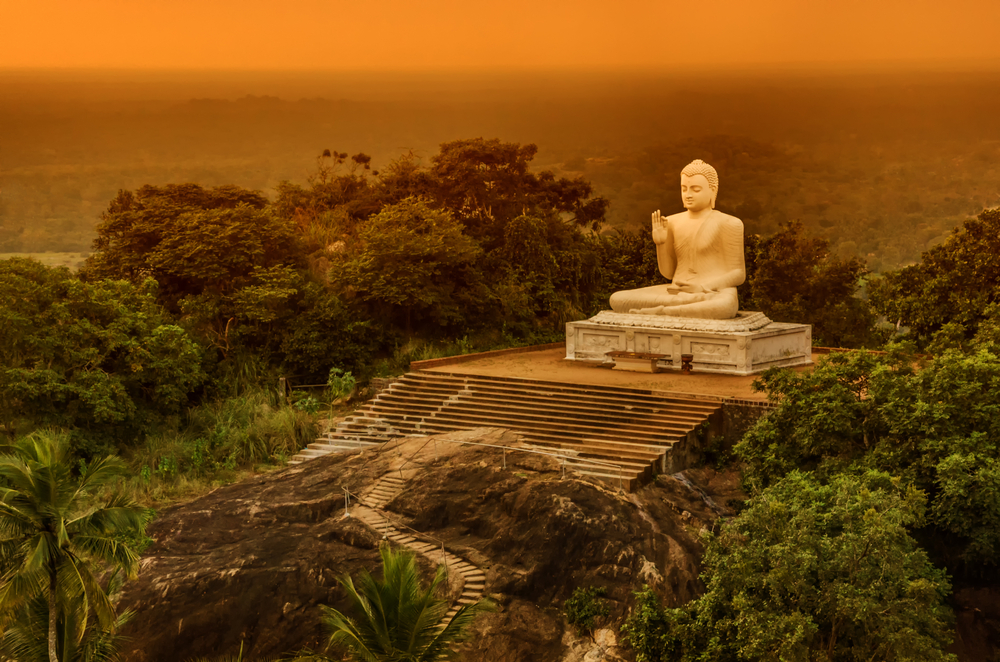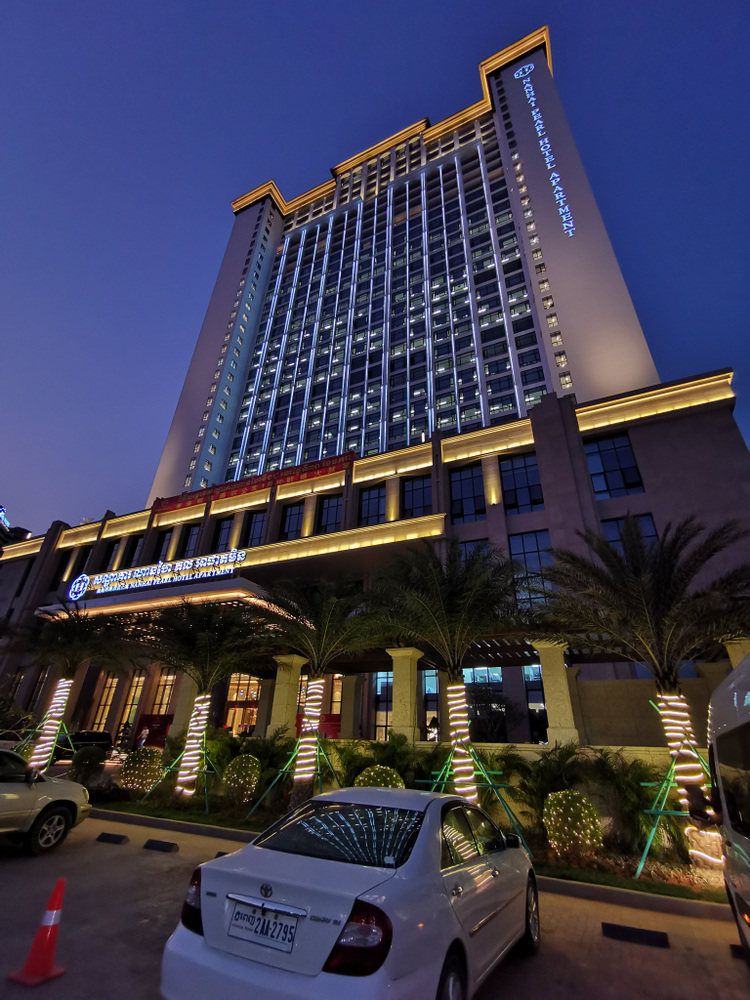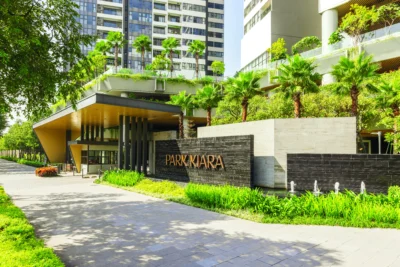Year in review: the issues that plague Asian real estate
It’s been a turbulent 12 months in Asia with problems, like the ongoing protests in Hong Kong and the devastating Easter Sunday bombs in Sri Lanka hitting real estate hard

There’s no such thing as an uneventful year in Asia, and 2019 has been no exception to that rule. Indeed, the seismic shifts, headline-grabbing events and often gruesome atrocities committed around the region have impacted greatly on property sectors and investor confidence.
In Hong Kong it’s been five months since protests against the Hong Kong Government’s perceived pro-China stances. And with no sign of unrest abating, property buyers are looking for safer places to invest.
June marked the start of one of the biggest challenges to China’s power as the first of a wave of protests was sparked by a planned bill to allow extradition to mainland China.
Nearly two million people took to the streets in the days following the proposal to express their anger over what they perceived was another bid from China to exert greater control over their rights and freedoms.
Buckling under pressure, Carrie Lam, Hong Kong’s beleaguered chief executive, scrapped the bill, but protesters have broadened their demands to call for widespread democratic change and an improvement in the average standard of living.
A major grievance is the inflated prices of Hong Kong real estate, among the most expensive in the world. At the end of 2018, the average selling price of a 40 square metre unit was between HKD130,000 (USD16,500) and HKD175,000.
But since June, property sales in Hong Kong have plummeted, with developers forced to offer discounts on new projects and cut office rents.
A significant shift in demand has come from mainland Chinese buyers. Buffeted by the economic headwinds caused by the US-China trade war, Chinese buyers have been looking to Singapore as a safer place to invest.
“There has been a very notable slowdown in Chinese activity, whether it’s in the buying market or even in the leasing market [in Hong Kong]. That’s something we don’t see improving anytime soon especially with controls restricting capital coming out of China,” says Denis Ma, head of research at Jones Lang LaSalle.
Buffeted by the protests and the economic headwinds caused by the US-China trade war, Chinese buyers have been looking to Singapore as a safer place to invest than Hong Kong
For retailers, relief has come in the form of rent subsidies from landlords and developers under pressure from the government to help reverse a sharp dip in consumer spending. But for residents, any hope that house prices will fall to affordable levels may be short-lived.
Colliers International forecasts housing prices to fall four percent in the second half but rise 6 percent for the full year as despite the chaos and unrest, housing in Hong Kong remains highly sought after.
Yet much will depend on who gives in first—investors or protestors.
Turbulence has also been the narrative for Sri Lanka during 2019. On Easter Sunday, the paradise island – and emerging property market – became the scene of one of the worst terrorist attacks since 9/11. Three churches and three luxury hotels were targeted in a series of bombings that claimed more than 250 lives and injured hundreds.
More: Sri Lanka, a decade after the war
In the weeks that followed the suicide attacks, tourism plummeted. Arrivals dropped by up to 70 percent and thousands of workers lost their jobs. The gains the country had made in transforming its economy and image since the civil war ended in 2009 were being undone.
“I don’t think there is a single person in the country that hasn’t been touched financially” by the bombings, said Edouard Hempel, founding director of Pearl Sri Lanka, a realtor based in Galle.
“It froze everybody, almost like a heart stop for the country,” he said.
In the first three months since the attack, real estate deals stopped, tourism dropped, and many expats left. “Everybody just goes away for a while. It seems to be human nature. Tourism feeds the engine [of real estate markets]. When you go somewhere you always imagine living there. You imagine having a place there, and that’s the hook that catches people.
”But five months on people are beginning to trickle back, hotel bookings are looking healthy and property deals are being put back in the pipeline. Business is noticeably improving, said Hempel, “But we are far off where we were a year ago.”
In an attempt to speed up the economy’s recovery, the government has waived visa fees for visitors from more than 40 countries, while banks have relaxed loan obligations for hotels.
But just how the next six months will go depended on the outcome of the presidential election last November.
As the incumbent president opted not to seek a second term, the populist former defence chief Gotabaya Rajapaksa won the candidacy.
Hempel shared his predictions before the result was revealed, stating that if Rajapaksa wins, the property business can expect good times ahead.
“The perceived wisdom is that there’s a lot of money waiting to come in and be invested again. That will be very positive for the market. And if Gotabaya gets in it might well give a strong message of stability,” he said.
Back to mainland Southeast Asia, one of the stranger property success stories – the rise of Cambodian beach hub Sihanoukville as a Chinese casino hub – began to pale.
In August, Prime Minister Hun Sen announced the government would be banning online gambling after Beijing described the very industry that has fuelled Sihanoukville’s growth as a “dangerous tumour.”
In the past few years, Sihanoukville’s property market has been transformed with land and house prices quadrupling as Chinese scrambled to cash in on the thriving casino business. There are 71 casinos operating in Sihanoukville, 48 of which are operated by Chinese, according to the provincial police chief.
Despite the influx of Chinese tourists and expats to Sihanoukville, much of the casino activity is geared towards Chinese mainlanders via online platforms. Gambling in any form is banned in China and seen as a social ill.
Hun Sen, forced to choose between killing the country’s cash cow or potentially damaging his alliance with Beijing, opted for the former. Following the announcement, thousands of Chinese had begun to leave the city.
James Hodge, director of CBRE Cambodia, says while there hasn’t been a drastic downturn in the real estate market, “price rises have started to cool off.” “We could equally see a sharp change should current pressures cause significant concerns amongst developers and investors active in the province,” adds Hodge.
Conversely, in the Philippines the property industry scored a win after President Rodrigo Duterte met President Xi Jinping and defied China’s call for a total ban on online gaming.
Like Cambodia, the Philippines is home to many gaming firms offering online play to Chinese. Currently, Chinese gaming firms take up around 30 percent of office space in Manila and provide housing for some 100,000 to 200,000 staff.
More: The Philippines’ richest man leaves behind a ‘nation of homeowners’
For Duterte the gaming business and the business it brings are not worth losing to diplomacy. “I decide that we need it. Many jobs will be lost. Anyway, it’s government-controlled,” the President said in a televised briefing, when asked what he told Chinese President Xi Jinping about Philippine online gaming operators.
The news came as a relief to property investors who have been nervous about a gambling ban damaging business for casino developers. Shares in Filinvest Land, Inc. and Megaworld Corp., among the country’s top landlords, as well as D.M. Wenceslao & Associates and DoubleDragon Properties Corp all climbed shortly after Duterte’s statement.
Duterte’s gamble on gaming is par for the course it seems in a region where the political climate is rarely settled, and the stakes are always high.
This article is the first in a five-part series. It originally appeared in Issue No. 157 of PropertyGuru Property Report Magazine. Read the second, third, fourth, fifth parts here
Recommended
Park Kiara in Hanoi raises the bar for sustainable urban living
Park Kiara in Hanoi is a repudiation of low-density, car-dependent suburban sprawl
6 reasons Bekasi is rising as Greater Jakarta’s next hotspot
One of Greater Jakarta’s rising stars is prospering, thanks to ample recreation and a contingent of desirable housing projects
6 developments driving Asia’s green real estate shift
Developers are being incentivised to push a green agenda into daring new realms
The Philippines’ LIMA Estate drives sustainable industrial growth
LIMA Estate models a citywide vision that uplifts workers while appealing to climate-conscious employers








